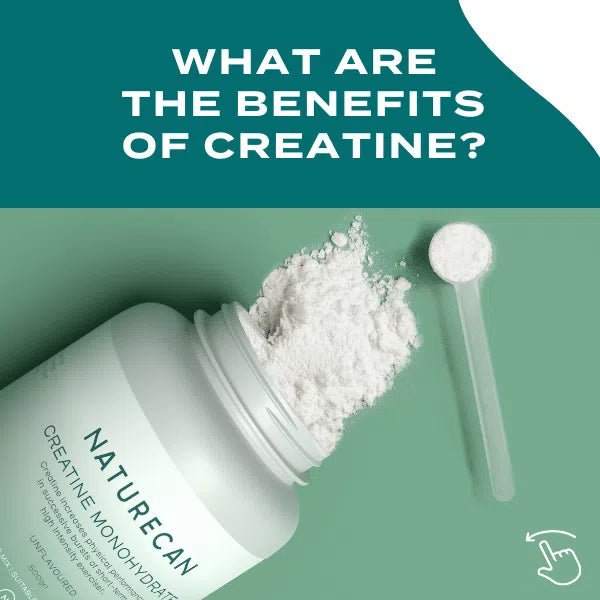What Does Creatine Monohydrate Do?
What Does Creatine Monohydrate Do?
Blog Article
Indicators on Creatine Monohydrate You Need To Know
Table of ContentsThe Buzz on Creatine MonohydrateThe 3-Minute Rule for Creatine MonohydrateThe Facts About Creatine Monohydrate Revealed
The crucial takeaway is that An intriguing organized testimonial wrapped up an unfavorable correlation in between creatine monohydrate supplements and VO2 max. The authors recognize a threat of bias with the study designs due to a demand for more quality over randomization with almost all studies consisted of. Only three of the nineteen studies extensively outlined the assessment of VO2 max - Creatine Monohydrate.
This varies from professional athlete to professional athlete, though. If weight gain with liquid retention is an issue, quit taking creatine 1-2 weeks prior to racing to counter fluid retention while maintaining increased creatine stores. Some individuals experience gastrointestinal discomfort when taking creatine, such as bloating, cramping, or looseness of the bowels. It is essential to keep in mind that not everyone experiences gastrointestinal distress while taking creatine, and it can usually be managed by adjusting the dosage or taking it with dishes, as described by the International Culture of Sports Nourishment.
It's advised to use it in powder form. Issues regarding the long-term effects of creatine monohydrate supplements on kidney (kidney) feature have been increased. Nonetheless, click here for more info researches done by the International Culture of Sports Nourishment and Sports Medication program that temporary and long-term use of creatine monohydrate within recommended dosages doesn't risk renal function in healthy and balanced people.
More About Creatine Monohydrate
None of the studies checked out triathletes. The unfavorable effects reported in the studies associated with weight gain. As pointed out, most of the research studies used a higher-dose loading protocol (20g+/ day) in a brief period that could be offset and avoided via a reduced dosage (such as 5g/day) for an extended period.
:max_bytes(150000):strip_icc()/Health-BenefitsofCreatine-Vertical-V5-10dbc94af7324b37aae2ab35c98b87a8.jpg)
Allow's check out the main advantages of creatine monohydrate. There is solid, trusted research study revealing that creatine enhances wellness. Overwhelming evidence sustains increasing lean muscular tissue mass, enhancing strength and power, including repeatings, reducing time to fatigue, enhancing hydration condition, and benefiting mind health and wellness and feature. Every one of these benefits will incrementally award your wellness and improve your "healthspan" as you Continue age.
The bulk of creatine is saved in the skeletal muscle mass in a type known
as phosphocreatine, visit the site or creatine phosphate. Creatine help in the manufacturing of adenosine triphosphate, or ATP. Even if they never raised a barbell, they 'd still benefit from creatine supplements.
Report this page